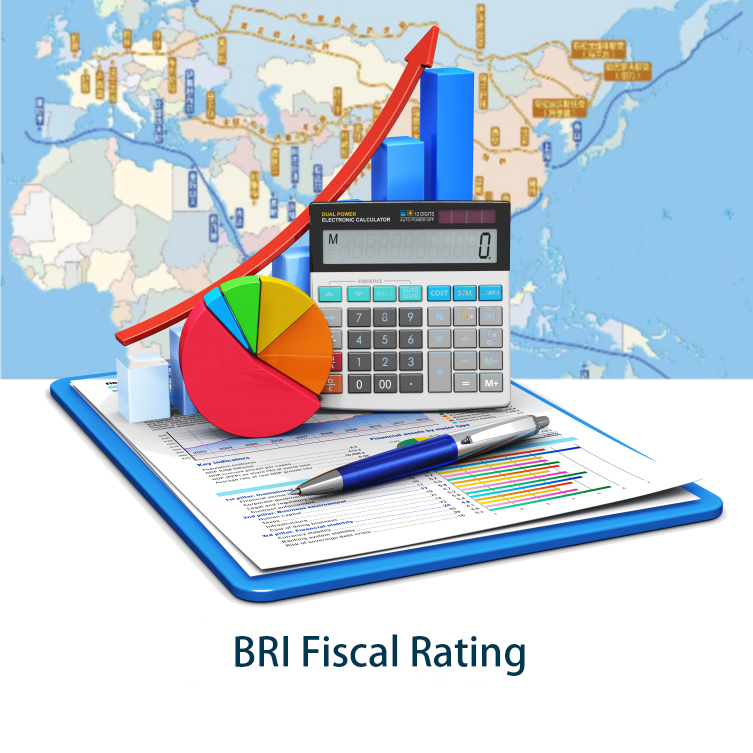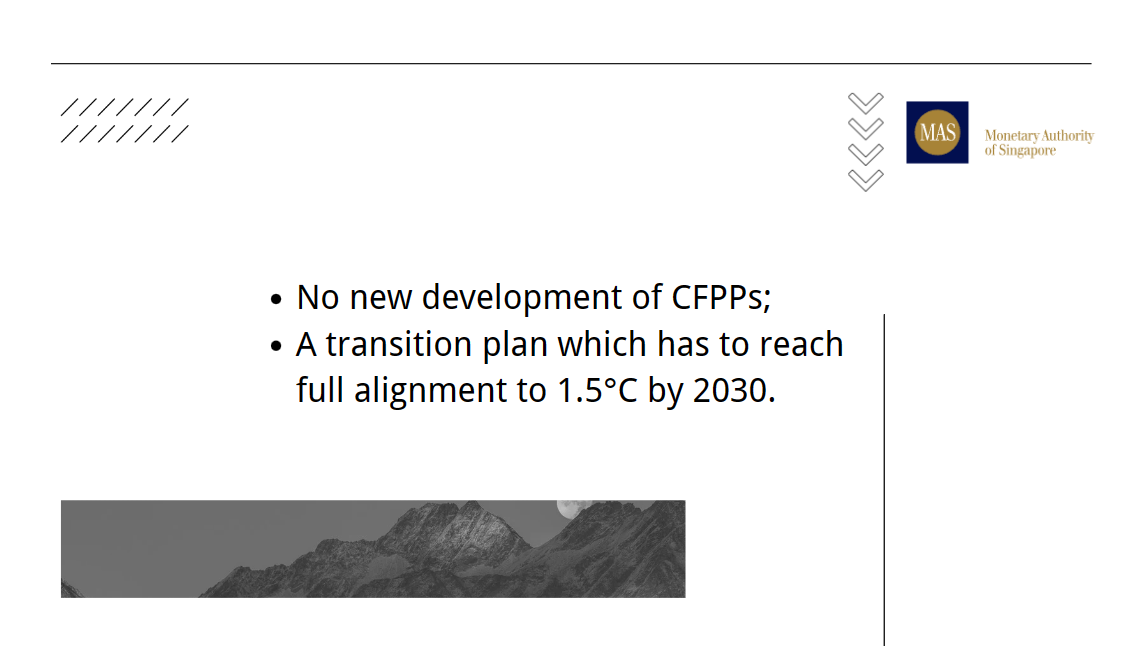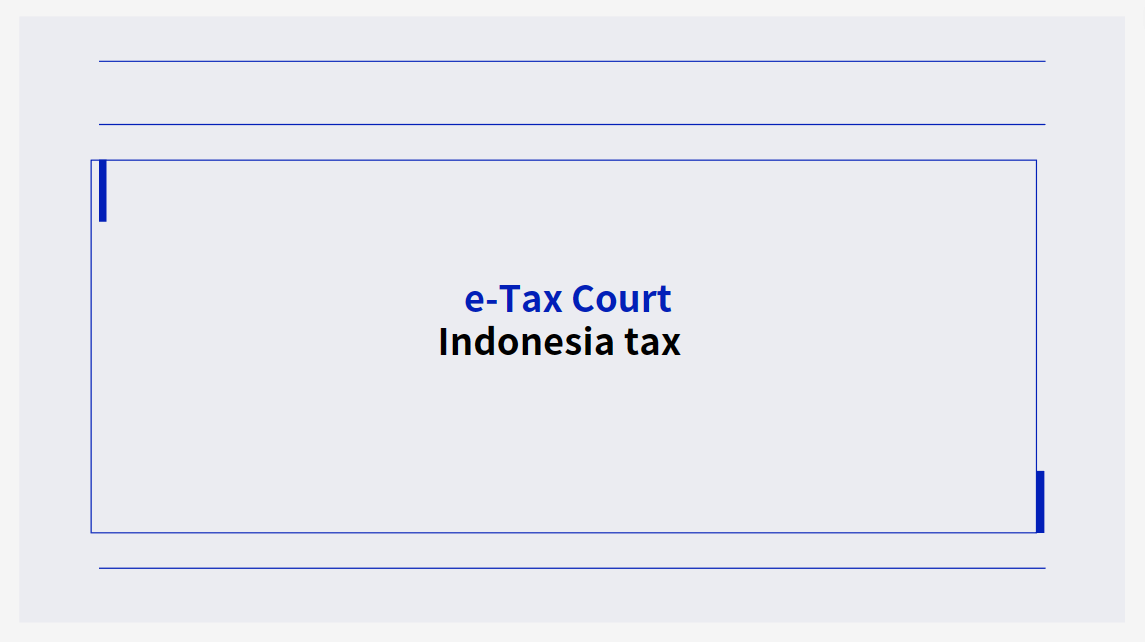The South Korean K-Chips Act and Its Impact on International Companies and Investors
(i) increases the base tax credits received by these enterprises to 25% (if classified as a “small and medium-sized enterprise”) or 15% (if classified as a “medium-sized enterprise” or a “large enterprise”); (ii) introduces a 10% additional temporary tax credit with respect to any relevant incremental investments made by such enterprises in 2023; and (iii) expands the scope of technologies eligible for such tax credit.
Background
On March 30, 2023, the South Korean Parliament (National Assembly) passed a tax bill known as the “K-Chips Act” as an amendment to the existing Act on Restriction of Special Taxation (often referred to as the Tax Preferential Control Act), in response to the enactment of the CHIPS and Science Act in the US. The K-Chips Act is an effort by South Korea designed to boost its domestic semiconductor industry by providing tax breaks to investments in the semiconductor and other “national strategic technologies” industries.
What Tax Credits are Available?
Increase in base tax credits
The K-Chips Act, effective retrospectively from January 2023, increases the tax credit for eligible facility investments in national strategic technologies to 25% (from 16%) for small and medium-sized enterprises, and to 15% (from 8%) for large enterprises and medium-sized enterprises.
Additional 10% tax credit for incremental investment in 2023
In addition, enterprises that increase their investment in national strategic technologies between January 1, 2023, and December 31, 2023, as compared to their average investment amount in said industries for the past three years, can claim an additional tax credit of 10% on such increased portion of investment.
Who is Eligible for the Tax Credits?
Eligible investments
To be eligible for the above tax credits, the investments should be in facilities that commercialize national strategic technologies, which include, among others, semiconductors, rechargeable/ secondary batteries, vaccinations, displays, hydrogen or other carbon-neutral technologies, and future means of transportation.
Eligible enterprises
Only enterprises established in Korea are eligible to claim the above tax credits. Non-Korean multinationals or investors could benefit from the above tax credits if their Korean subsidiaries or portfolio companies make eligible investments in national strategic technologies.
Entity size classification
In general, whether an enterprise is “small and medium-sized,” “medium-sized,” or “large” depends on its three-year average sales revenue as well as other metrics.
Small and medium-sized enterprises are enterprises (i) whose three-year average sales by their main business do not exceed the applicable threshold for their industry; (ii) whose total assets are less than KRW 500 billion (~USD 380 million); and (iii) that demonstrate substantial independence in ownership and management, which generally means that the enterprise is not a subsidiary of a large corporation.
Medium-sized enterprises are enterprises (i) whose three-year average sales by their main business do not exceed KRW 300 billion (~USD 230 million); and (ii) that satisfy the substantial independence requirement.
“Large” enterprises are enterprises that are neither “small and medium-sized” nor “medium-sized.”
In this regard, Korean subsidiaries of multinational enterprises (MNEs) are rarely classified as small and medium-sized enterprises or medium-sized enterprises, because for enterprises with a foreign parent company, the substantial independence requirement imposes a total asset size limit on the foreign parent company. Therefore, for MNEs with Korean subsidiaries investing in national strategic technologies, it is more likely that they will be deemed a large enterprise and benefit from the increased base tax credit to 15%.
Actions to Take
As the 10% additional tax credit is available only with respect to investments made in 2023, to take advantage of this additional tax credit, Korean enterprises investing in business facilities related to national strategic technologies should consider moving forward any planned long-term investments so that such investments are made in 2023. Even if the Korean enterprises are currently incurring losses and do not have any immediate Korean corporate tax liability to offset such tax credits, these tax credits could be carried forward for up to 10 years to offset future tax liabilities.
Goodwin Procter LLP and its affiliates have offices in the U.S., England, France, Germany, Hong Kong, Luxembourg and Singapore, and do not practice Korean law. The information contained in this publication is prepared in collaboration with Yulchon LLC, a full-service law firm headquartered in Seoul, Korea.
























































First, please LoginComment After ~